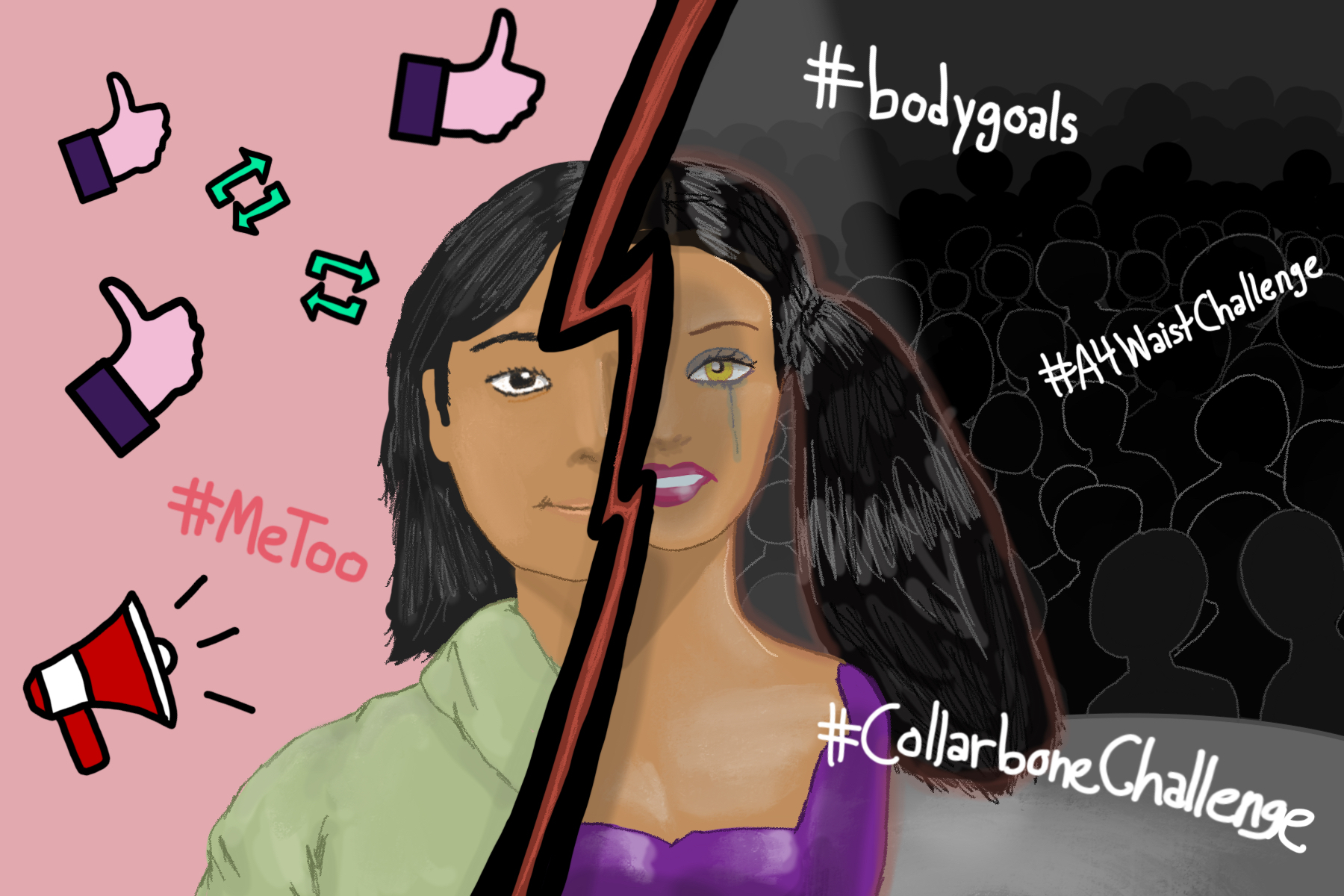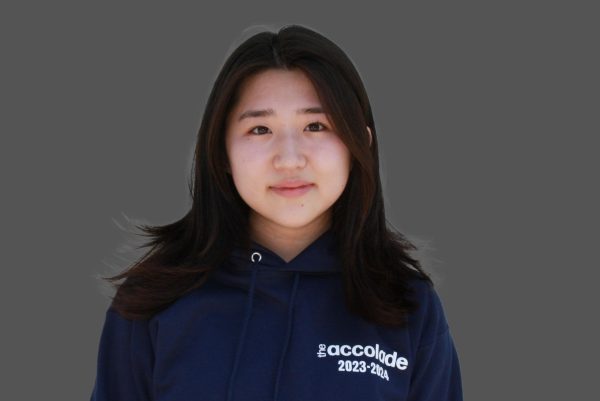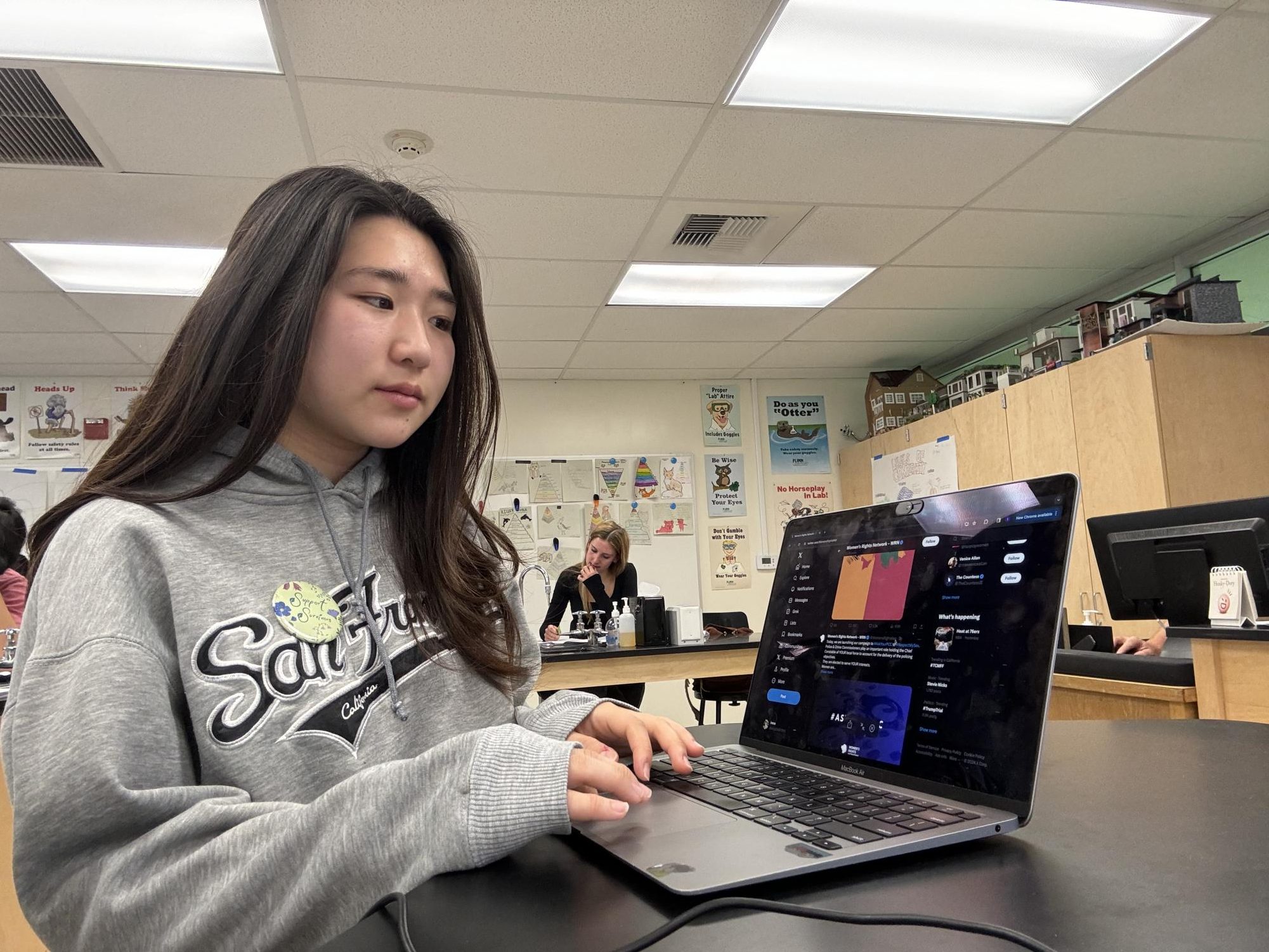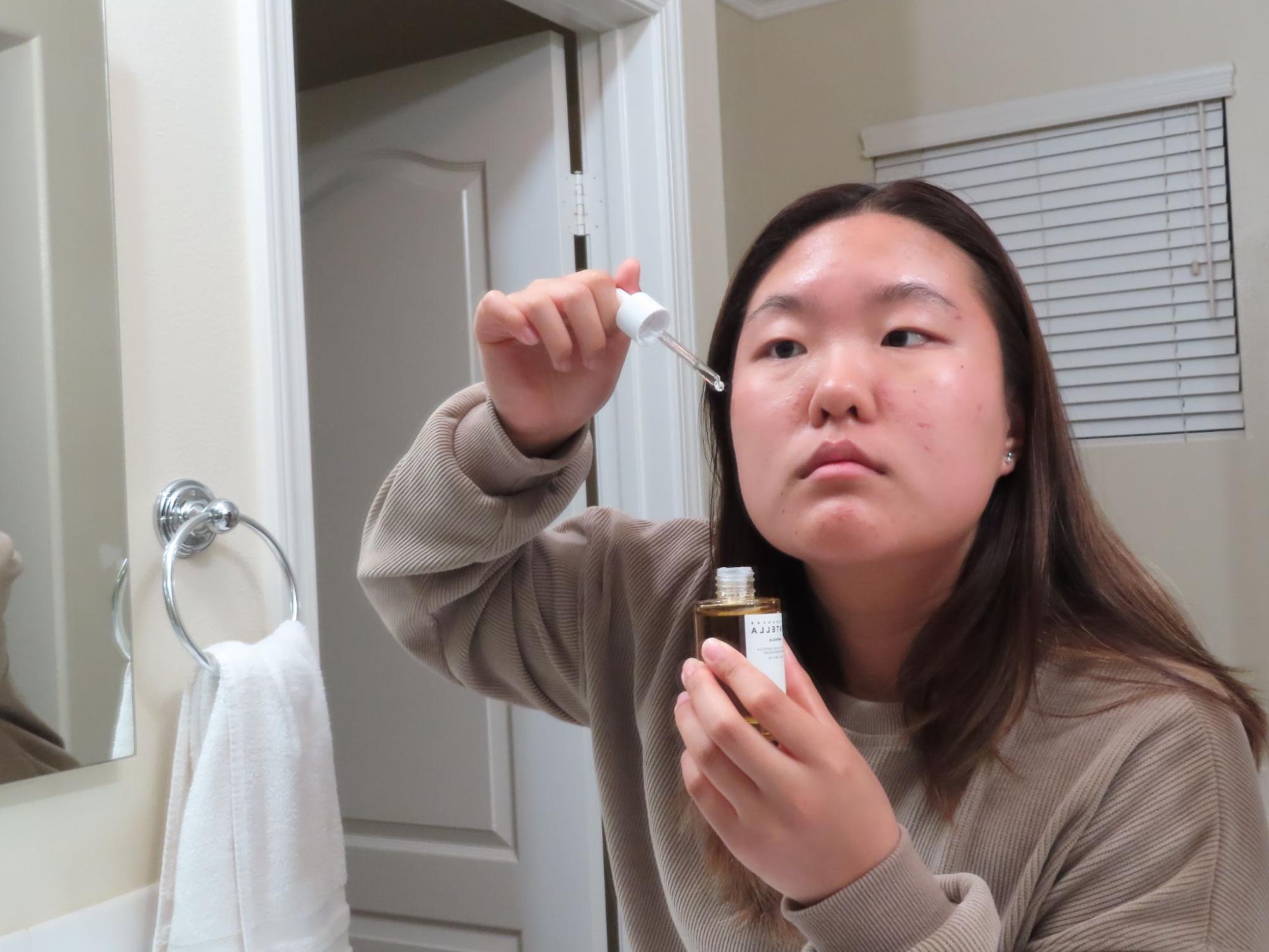Swipe.
A perfectly toned, blond girl climbs the StairMaster in the gym while giving workout advice in a TikTok video.
Another swipe.
A video features an Asian girl with large eyes, a chiseled jawline and long, luscious hair captioned “#barbiegirl.”
During my daily hour of unhealthy scrolling on TikTok, such content endlessly pops up on my For You Page. It’s no different on Instagram — 12.1 million posts tagged #bodygoals flood the platform.
Despite the buzz about women empowerment on social media, such videos make me question if they achieve the opposite effect, constantly degrading women and giving them little to no forum to empower themselves. Online platforms can play a significant role in perpetuating harmful stereotypes, encasing women into unhealthy standards they feel pressured to meet.
Yes, social media can empower women — historically the more underrepresented gender — by presenting them with an opportunity to express themselves to a larger audience. However, toxic trends and constant stereotyping overpower the positive.
For instance, the “#bodygoals” trend promotes harmful ideals. However, a woman shouldn’t have a goal to change her appearance for pure aesthetic to appeal to the male gaze.
As a girl who’s constantly online, I’ve noticed that while some creators showcase women’s achievements, it’s not enough.
On forums like TikTok, countless numbers of creators who fit the “influencer” stereotype post videos showcasing their killer bodies, clear skin and perfect lifestyles.
For example, the #A4waistchallenge and #CollarboneChallenge were viral challenges in 2023 that not only swept the internet but also destroyed viewers’ body image. For the A4 waist challenge, participants put a piece of A4 printer paper, only measuring 8.27 wide by 11.69 inches high, in front of their slim waists to flaunt their figures.
To successfully complete this challenge, the creator’s waist must be entirely covered by a small piece of paper. The latter challenge consisted of users demonstrating their skinny figures by stacking coins on their collarbones.
Through these ridiculous dares, creators successfully make negative social comparisons, making people like me feel pressured to achieve the same build. However, to combat such negative thoughts, I strive to remind myself that all bodies are perfect, no matter their shape or size.
Creators use seamless editing tools embedded on platforms like TikTok to portray an idealized version of themselves, devoid of imperfections: a face with no pores, wrinkles or acne. This results in poor body image, creating unrealistic beauty standards, especially among those ages 10-19, who make up 32.5% of all U.S. TikTok users, according to statistics posted by wallaroomedia.com.
As a result, girls may feel obligated to change themselves, whether it be their appearance or even their lifestyle, to become more like these fake creators.
Similarly, social media degrades viewers — many times, girls — by promoting them to follow unrealistic creators who do the opposite of practicing empowerment. Personally, I often stumble across multiple TikTok videos advertising viral Korean skincare products, all from creators with clear and plump skin.
Will my skin look that nice if I buy that product?
Admittedly, more often than not, I cave in to these beautiful influencers and buy their viral skincare products, ranging from toners to serums, in their videos. As a result, I currently have an overflow of products, seven to be exact, that aren’t making a huge difference on my skin compared to the creators who use the same items.
This is not woman empowerment — it’s degradation.
The difference between these charming influencers and me leaves me questioning what I can do “better” to look as great as them, scarring my body image and self-esteem.
Ultimately, I strive to resist falling victim to social media’s unhealthy stereotypes and gimmicks. Rather than comparing my physique to those online, I want to prioritize how I, not anyone else, feel living in my body. As long as I’m comfortable with myself and grow my confidence, I trust my body image will stand unwavering, even with the temptation of social media’s toxic views.










